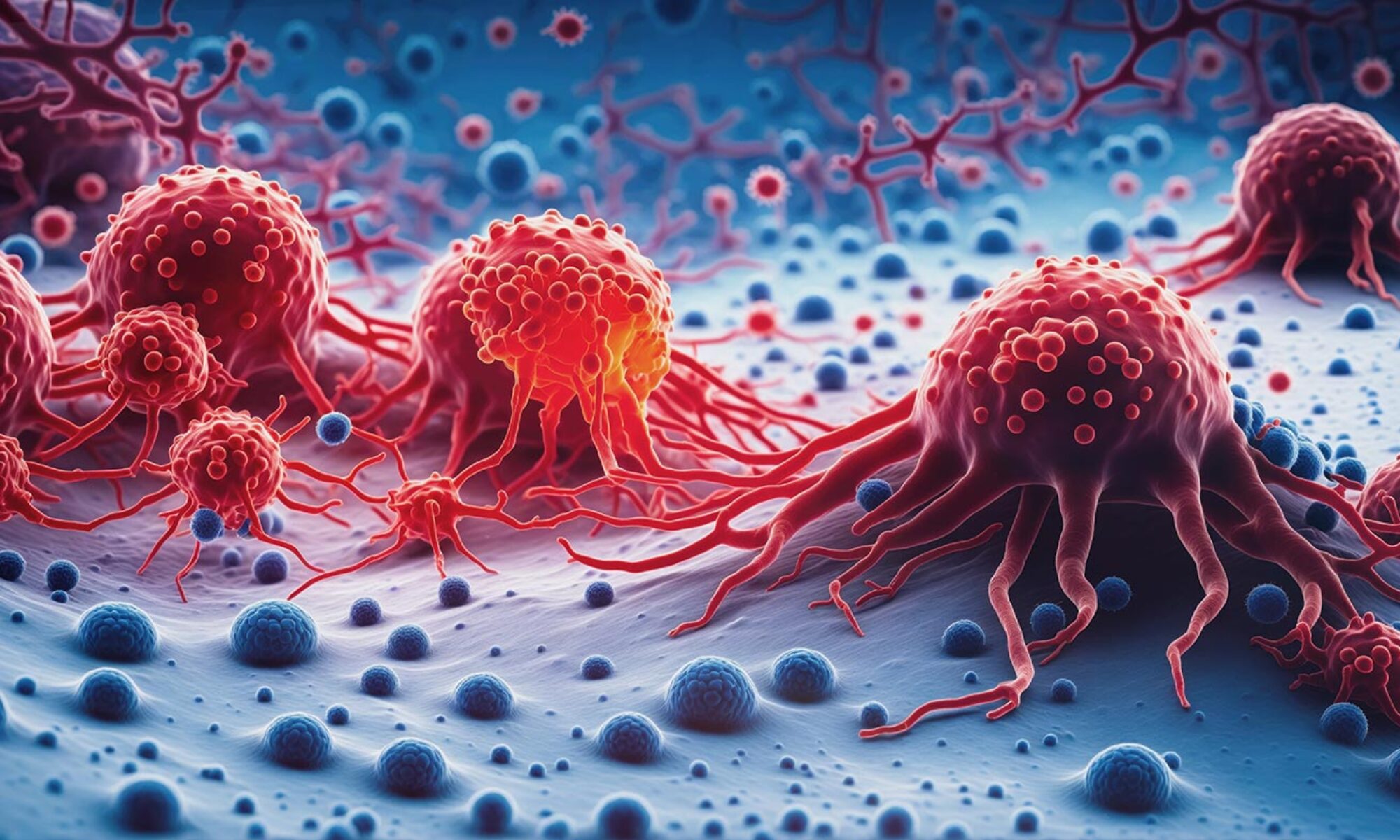بررسی بالینی درمان ترکيبی سرطان ریه به همراه ویروس ضد سرطان در آمریکا NCT06125197
Oncolytic Adenovirus TILT-123 With Pembrolizumab as Treatment for Refractory Non-Small Cell Lung Cancer
Study Overview
برسی بالینی درمان سرطان بسیار پیشرفته ریه توسط ویروس ضد سرطان در چین
A Study of Oncolytic Virus Injection (RT-01) in Patients With Extensive-Stage Small Cell Lung Cancer
Study Overview
This is a single-arm, open-label, clinical pharmacology study to evaluate safety and efficacy of oncolytic virus injection(RT-01) in Patients With Extensive-Stage Small Cell Lung Cancer.
The purpose of this study is to evaluate the safety and tolerability, antitumor activity, The immunoreactivity, The immunogenicity, pharmacokinetics and virus shedding of RT-01.
درمان سرطان بوسيله تزريق داخل توموری ويروس در آمریکا
Safety Study of Modified Vaccinia Virus to Cancer
Study Overview
This is a Phase I, open-label, single dose, dose-escalation trial in subjects with melanoma, breast cancer, or head and neck squamous cell cancer, liver, colorectal or pancreatic adenocarinoma. The intratumoral subjects will be stratified into 2 groups. Group A includes those who have been vaccinated with vaccinia virus. A history of vaccination and a scar at vaccination site is required. Group B subjects will include those who have not been vaccinated. It is expected that the toxicity profile will be quite different between those who have been vaccinated previously with vaccinia virus and therefore subjects will be stratified separately in this Phase I trial. All subjects who have refractory tumors will receive treatment at one of five dose levels in a single dose sequential dose-escalating design. Eligible subjects will receive 1 treatment of vvDD-CDSR. A dose can be divided between 1-3 lesions. The sum total of the maximal diameters of the lesion(s) to be injected must be < 10cm.
Once the MTD and/or MFD has been defined in the vaccinated I.T. arm described above, additional subject may be enrolled at one dose level lower than the MTD/MFD and the I.V. infusion phase may begin. Patients enrolled in the IV infusion arm will receive a single administration of vvDD-CDSR at one of three dose levels in a sequential dose-escalating design.
درمان سرطان پانکراس بوسیله ویروس در آمریکا
LOAd703 Oncolytic Virus Therapy for Pancreatic Cancer
Study Overview
The purpose of this study is to see if LOAd703 (an oncolytic adenovirus) can be safely given to patients with pancreatic cancer. The study will also evaluate whether or not intratumoral injection of LOAd703 will support current standard of care treatment to reduce the size of the tumor and improve survival of the patients.
Adenoviruses are known as the “common cold” virus and most individuals have had multiple infections during their lifetime. Oncolytic adenoviruses are adenoviruses that are modified so they cannot multiply and spread (known as replicating) properly in normal (e.g. healthy) cells, but instead, they infect and replicate very well in cancer cells. This strong replication leads to the death of the cancer cell. Oncolytic viruses have been evaluated in multiple clinical trials for cancer treatment during the past decade and been proven safe. It is common to have a fever the first day or two after virus injection since the immune system will react to the virus infection. The immune system can also kill cancer cells but to do so it needs to be properly stimulated. Oncolytic viruses alone do not seem to be strong enough to activate clinically relevant anti-cancer responses. However, it is thought that if additional immune system stimulators are added to the oncolytic viruses they may be able to result in clinical relevant antic-cancer responses.
LOAd703 is an oncolytic adenovirus that has been modified to include additional immune system stimulators. Specifically, genes that stimulate the immune system have been added to the oncolytic adenovirus. Once the oncolytic adenovirus infects the cancer cells, the genes will be expressed, resulting in activation of the immune response so it can attack and kill cancer cells.
In this study, LOAd703 will be given by intratumoral injections. It will be given in addition to standard of care treatment with gemcitabine and nab-paclitaxel +/- the anti-PD-L1 antibody atezolizumab. Because this is an experimental therapy, there will be extra visits for disease monitoring and samples accordingly to the detailed information below. The LOAd703 is an investigational agent not approved by the FDA.
درمان سرطان پانکراس پیشرفته توسط ویروس در چین
Oncolytic Virus Plus PD-1 Inhibitor to Patients With Advanced Pancreatic Cancer (PTCA199-8)
Study Overview
Pancreatic adenocarcinoma (PDAC) is a highly lethal malignancy with a 5-year survival less than 10%. Approximately 80% of patients with pancreatic cancer are diagnosed at an advanced stage. Chemotherapy is one of the major treatments for advanced pancreatic cancer. In 2011, the PRODIGE trial has shown that oxaliplatin, irinotecan, fluorouracil, and leucovorin (FOLFIRINOX) was associated with a survival advantage but had increased toxicity.
Recent studies have suggested that local destruction of tumor tissue by oncolytic virus induced activation and maturation of dendritic cells and tumor-specific T cells by cross-presentation of tumor antigens. PD-1 blocking antibody interferes with PD-1 mediated T-cell regulatory signaling. Combination of PD-1 blocking antibody plus oncolytic virus may increase anti-tumor efficacy in pancreatic cancer.
The purpose of this study is to evaluate the efficacy of oncolytic virus plus PD-1 inhibitor to patients with advanced pancreatic cancer who are refractory to standard chemotherapy. Progression-free survival (PFS), objective response rate (ORR), overall survival (OS) and disease control rate (DCR) are measured every three weeks.
